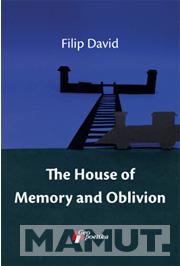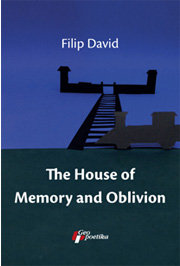Kupi ONLINE i uštedi






Kontaktirajte nas preko ovog linka.
| Karakteristika | Vrednost |
|---|---|
| Kategorija | DOMAĆI ROMAN |
| Autor | Filip David |
| Težina specifikacija | 0.5 kg |
| Izdavač | GEOPOETIKA |
| Pismo | |
| Povez | Broš |
| Godina | 2015 |
| Strana | 158 |

Kontaktirajte nas preko ovog linka.
Saznajte prvi o najboljim ponudama
